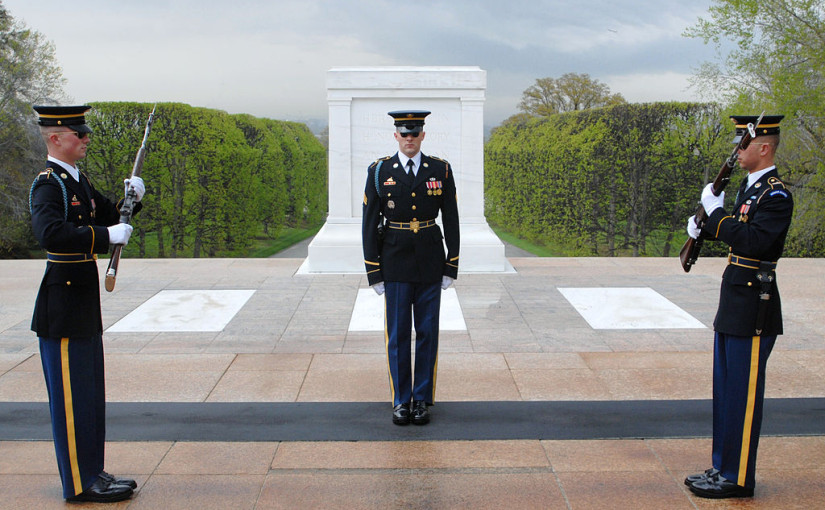Growing up, I used to love winding a spinning top as tightly as I could and send it careening on to the pavement. The tighter I wound it and the harder spun it, the longer it would stay in motion. Slowly, but surely, the spinning top would begin to teeter and in the end it would fall and come to a complete stop. Everyday we interact in a subtle, imperceptible and stunning way with God. The universe functions and flourishes because of God’s continual exercise of power and love.
Everyday we encounter God’s Providence. In the same way that God is independent from creation, it is this very attribute of independence that shows His providence. He is ever sustaining, ever reigning. Providence teaches that God did not create the universe and then abandon it.
The word “providence” derives from the Latin providentia, the noun from the verb providere “take thought for,” “look ahead.” As a philosophical or religious concept, Providence denotes the care of God for his creatures. Providence means that God is the personal, sentient first principle. Providence assures us that all actions come from a loving, personal agent.
God the great Creator of all things does uphold, direct, dispose, and govern all creatures, actions, and things, from the greatest even to the least, by His most wise and holy providence, according to His infallible foreknowledge, and the free and immutable counsel of His own will, to the praise of the glory of His wisdom, power, justice, goodness, and mercy. – Westminster Confession V.i
Providence lets us know that we are ever loved and ever cared for. God does not just wind up creation and then take step back to watch the show. Take a step back and drink deeply of Providence today and see His hidden hand caring for you. Interact subtly, intimately, and imperceptibly as you enjoy his Providence.



